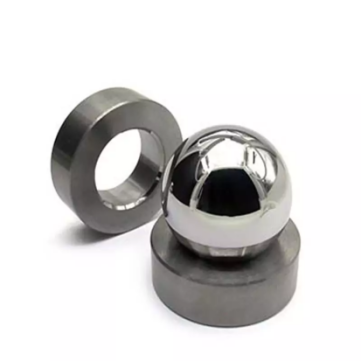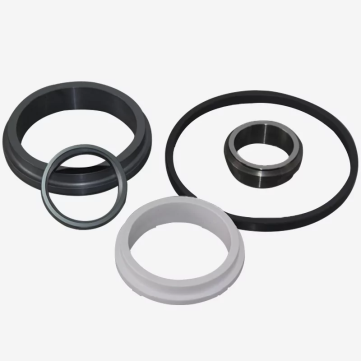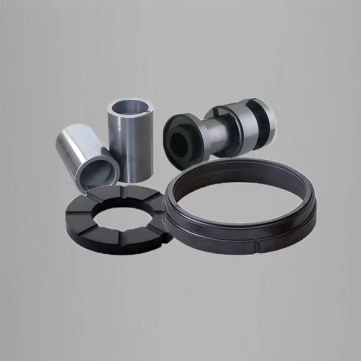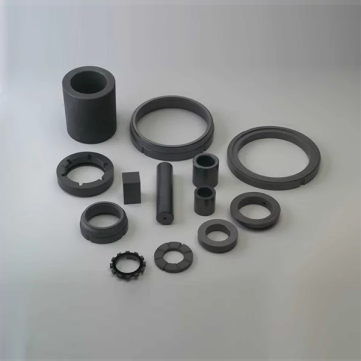Mechanical seal components are important in the world of manufacturing, and this blog article will help you understand more about them.
What are mechanical seal components?
There are many different types of seals, but all of them serve one common purpose: to prevent fluid from leaking out of a container or machine. Mechanical seals can be made from a variety of materials, including rubber, metal, and plastics. They come in a variety of shapes and sizes and can be used in a variety of applications.
How seals are tested by engineers to ensure their quality
Sealing components are often used in applications where the seal is required to be pressure tight or where a certain degree of leak prevention or stability is required. In many cases, the performance of these seals can be impacted by the design changes that are made to them. Engineers use seals to analyze design changes and ensure that they are proceeding in a safe and effective manner.
The testing process for mechanical seals starts with the selection of the appropriate component. The type of seal, as well as its dimensions and other specifications, will depend on the application. Once this is determined, the component must be produced according to specification. After production, the component must be tested to determine its capabilities in various conditions. This includes testing under pressure and at varying temperatures.
Once all of this information has been gathered, engineers can begin making design changes that are most likely to result in a successful seal installation. By doing this, they eliminate potential problems before they occur and ensure a safe and successful product release.
Why would a company want mechanical seal components?
A company might want a mechanical seal component because it offers several benefits over traditional, chemical-based seals. Mechanical seals typically last longer and are less likely to leak, meaning they can be used in applications where a chemical seal would not be safe or appropriate. For example, if a product is sensitive to air and moisture infiltration, using mechanical seal components can help prevent these elements from damaging the product.
Additionally, mechanical seal components can help protect products from external contaminants such as dirt and dust. Additionally, mechanical seals can provide consistent pressure, which is beneficial for certain applications such as gas and oil detection. Some common uses for mechanical seals include automotive brakes, medical equipment, pipelines, and food processing plants.
Conclusion
As businesses continue to grow and expand, they find themselves in need of mechanical seal components that can withstand the rigors of the industrial world. These components are essential for keeping products stable and ensuring a reliable seal between two objects. Companies like Junty specialize in supplying these types of components of high quality. If you are in need of mechanical seal components that are reliable and durable, be sure to contact Junty.






